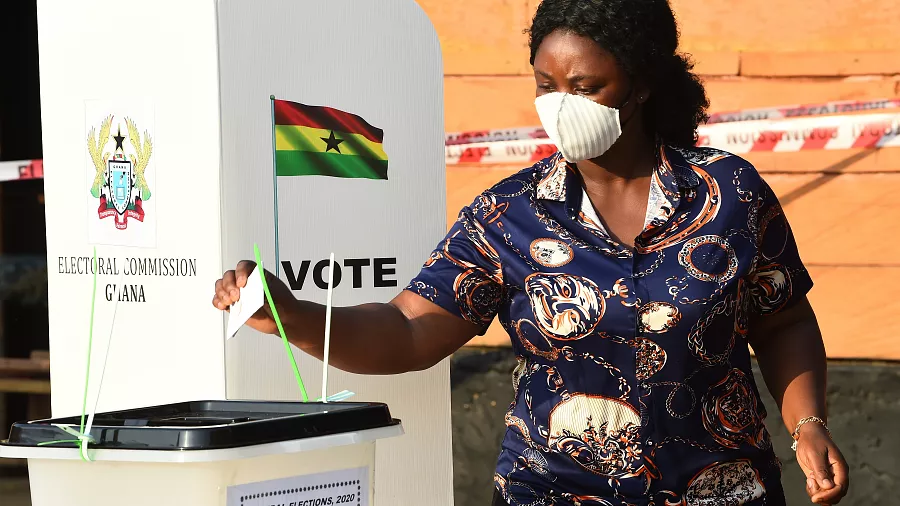IMANI Africa’s Bright Simons has observed that according to early indications in the 2024 elections, the urban middle class—traditionally more supportive of the NPP than the NDC—largely shifted away from the NPP.
He suggested that a key reason for this shift can be discerned by examining inflation patterns, specifically distinguishing between “general” and “aspirational” inflation.
Simons explained that while average inflation in the general category has been about 23% annually over the past four years, resulting in a cumulative rate of approximately 112%, “aspirational inflation” appears to have been significantly higher.
“By 2000, the NPP had become the most popular party among the urban middle-class, & those that I call the “aspirational classes”.
“Despite some ups & downs, the NPP maintained a lead over the NDC in this population segment in the ensuing years. Culminating in 2015 with the “Occupy” movement/phenomenon”.
Bright Simons
Bright Simons further explained that he used the cost of Christmas brunch buffet prices at high-end hotels in Kumasi, Ghana’s second-largest city and a traditional stronghold of the NPP, as a proxy measure for “aspirational inflation.”
He pointed out that examining the advertising material for such offerings reveals a dramatic increase in pricing.

He noted that for instance, the price of this aspirational luxury at Kumasi’s premier hotel has surged from 130 GHS in 2020 to 500 GHS in 2024.
Simons highlighted that this stark rise underscores the economic pressures faced by the urban middle class, who often aspire to such luxuries but are now increasingly priced out due to inflationary trends.
According to him, this could explain their discontent and apparent desertion of the NPP in the 2024 elections.
Surge in Aspirational Inflation Shaped Political Sentiments
Furthermore, Bright Simons elaborated that based on his analysis, he estimated “aspirational inflation“—the inflation affecting high-end goods and services—to be approximately 71% annually, nearly three times the general inflation rate.
Over a cumulative period, this rate of “aspirational inflation” amounts to roughly 285%, or about 2.5 times the general inflation rate observed during the same timeframe.
Simons emphasized that this disparity highlights the disproportionate impact of inflation on goods and services sought after by the urban middle class.

This group, often striving for higher living standards and aspirational experiences, has faced significantly steeper economic challenges compared to the broader population.
According to him, such financial strain could have played a pivotal role in shaping their political sentiments and voting behavior in the 2024 elections.
“Crude as the above exercise may be, it still suggests clearly that the economic turbulence of recent years may have hit the more aspirational segments of Ghanaian society harder than the average citizen. If true, no surprise then that they deserted the NPP at the polls”.
Bright Simons
Simons further noted that while the NPP appears to have suffered significant losses among the middle and aspirational classes in the 2024 elections, it remains uncertain whether the party has drawn the appropriate lessons from this outcome.
He highlighted that the NDC, despite benefiting from this shift in voter sentiment, has yet to articulate a compelling and coherent vision capable of solidifying its appeal to these critical segments of the electorate.
Simons emphasized that the absence of a clear, forward-looking strategy from the NDC risks making their recent gains temporary.
Similarly, the NPP’s failure to introspect and adapt could further alienate a demographic crucial to maintaining urban and economic influence.
He suggested that both parties need to reassess their policy frameworks and messaging to better address the priorities of the middle and aspirational classes.
These groups, Simons noted, are increasingly demanding leadership that aligns with their values and ambitions. “It would seem then that the hearts and minds of Christmas hotel buffet aspirants in Ghana are still wide open for the taking”.
READ ALSO: GSE Closes the Week on a High Note: Bulls Leave No Room for Bears




















